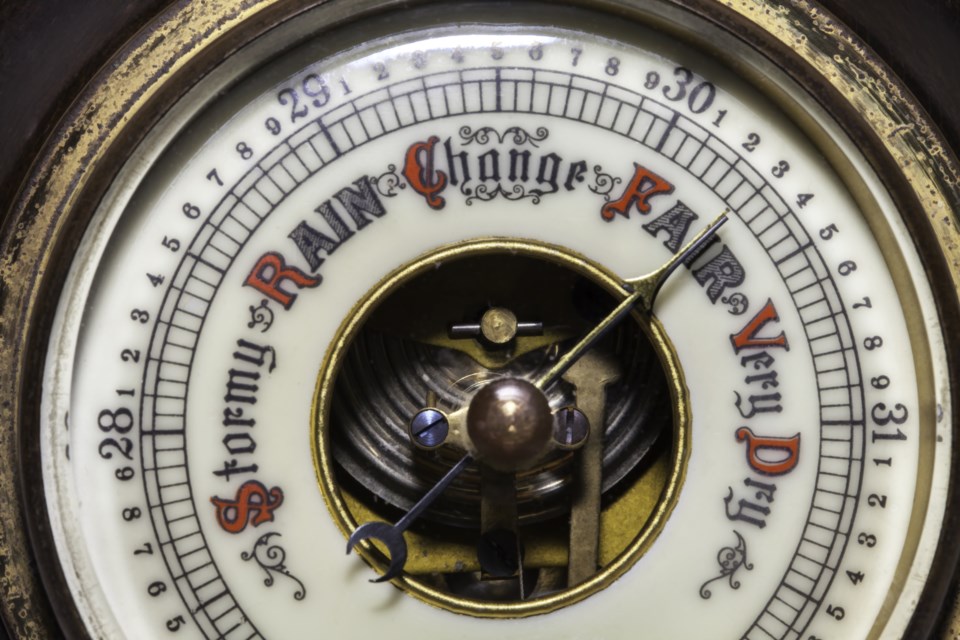Election Day weather in Sault Ste. Marie was fine as frog's hair.
Early yesterday afternoon, the clouds parted gloriously and the resulting sunshine raised temperatures to over 12°C.
But the splendid fall day didn't seem to help voter turnout at all.
Less than half of eligible voters bothered themselves to show up at the polls.
Just 40.2 per cent of us got to pick the mayor, councillors and school trustees who'll serve the Sault for the next four years.
That was down from 42.4 per cent in the 2014 race, which in turn was down about five per cent from the 2010 election in which Debbie Amaroso became our first female mayor.
"I was hoping for a higher turnout. The weather certainly co-operated with us," said Malcolm White, city clerk, deputy chief administrative officer for corporate services, and municipal election czar.
White was at a loss to explain the continuing decline in voter turnout.
Municipal elections traditionally have lower turnout rates than provincial or federal votes.
"Determining the underlying influences behind voter turnout rates can be difficult," said the Conference Board of Canada in a report issued last year.
"A low turnout may be due to disillusionment or indifference, or even complacent satisfaction with the way the country is being governed. Conversely, a high turnout rate may reflect compulsory voting laws (as in Australia and Belgium) or coercion."
"Low voter turnout implies that the democratic system may not be reflecting the interests of all citizens. Voter turnout tends to be lowest among youth, those who are less educated, and those in lower income brackets," the report said.
Recounts?
Are recounts possible after yesterday's elections in Sault Ste. Marie?
Under Ontario's Municipal Elections Act, automatic recounts are held only in the case of tied votes.
In Sault Ste. Marie, the only other way for a disgruntled candidate to get a recount is to persuade City Council or the Superior Court of Justice to order one.
Former Ward 5 councillor David Celetti unsuccessfully tried the City Council route when he placed fourth in the 2010 municipal election.
Celetti argued there were "many questionable irregularities on and before" that year's vote, but none of his fellow councillors were willing to move or second a motion ordering a Ward 5 recount.
This year, in Ward 3, unofficial results show John Bruno missing out on a council seat by just 35 votes to Donna Hilsinger, and Ozzie Grandinetti losing to Corey Gardi in Ward 5 by just 28 votes.
Grandinetti tells SooToday he isn't thinking just now about asking for a recount, although he does want to talk to Malcolm White about possibly outdated information on the voters list.
Grandinetti says he spotted 25 or 30 names on the voters list: people who are either dead or have moved away, including some of his own cousins.
Bruno said he wants to look further into the election rules before deciding on whether to seek a recount.
White tells SooToday he's hoping to release the official version of election results sometime Wednesday.
Did you notice the unofficial results changing last night?
Last night, SooToday noticed additions being made to the unofficial final count, at least twice after the final polls had been counted.
White confirmed that was the case, and said the added votes were from the new vote-from-home service offered to individuals with barriers preventing them from voting at advance polls or on Election Day.
On days when just a few voters voted that way, it might have been possible to determine how they voted if the counts were made public, especially if they had all voted for the same candidate.
So those votes were merged with the advance poll results, and the job had to be done manually at the end of the vote-counting process, White said.
